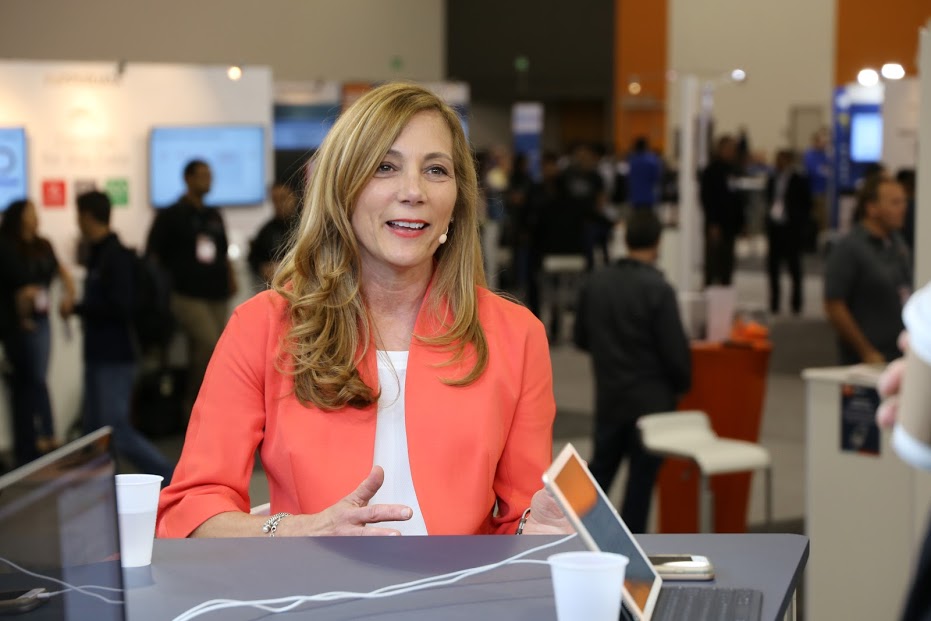 CLOUD
CLOUD
 CLOUD
CLOUD
 CLOUD
CLOUD
One thing is clear in the age of digital transformation: It’s all about business outcomes. Regardless of the type of technology, the industry as a whole is now revolutionizing businesses one use case at a time. And a primary goal in the digital world is to ease data complexity to get to those outcomes more quickly.
“The winners will be those that focus on those business outcomes. The losers will be those that just think about technology for technology’s sake,” said Donna Prlich, chief product officer, Pentaho Corp., a Hitachi Group Company.
In an interview with Lisa Martin (@Luccazara) and George Gilbert (@ggilbert41), co-hosts of theCUBE, SiliconANGLE’s mobile livestreaming studio, during the DataWorks Summit in San Jose, California, Prlich discussed how business use cases will be the drivers of technology.
Data is the currency of the modern business, and technology vendors such as Pentaho are searching for the right mix to bring specific value to data for enterprise customers. One way the data integration and business analytics company is helping to monetize data is through data preparation.
“Over the last couple of years, we’ve really been able to help with the preparation of data, which we all know is, like, 80 percent of the job,” Prlich said.
By preparing the data for the data scientist to tune and test models, Pentaho is improving productivity and freeing up resources, allowing the focus to shift to more pressing challenges to get through the transformation process and achieve the desired business outcome, according to Prlich.
“The best part is once [models] are actually created and you’ve got all that value, you can simply bring those into those already existing transformation flows that you’ve built with Pentaho, and we can execute those models to achieve the business outcome,” Prlich said.
Pentaho is also giving developers a protective edge with its Adaptive Execution Layer that offers a “create once, run anywhere” capability. This integration’s component simplifies merging data across many big data platforms and lets the developer work with a combination of sources, Prlich explained.
“Adaptive execution [means] build the transformation once and then execute them on whatever engine is appropriate for the workload, and that’s something that we’re really excited about and our customers are super excited about,” Prlich said.
Watch the complete video interview below, and be sure to check out more of SiliconANGLE’s and theCUBE’s independent editorial coverage of DataWorks Summit. (* Disclosure: Pentaho Corp., a Hitachi Group Company, sponsored this DataWorks Summit segment on SiliconANGLE Media’s theCUBE. Neither Pentaho nor other sponsors have editorial control over content on theCUBE or SiliconANGLE.)
Support our mission to keep content open and free by engaging with theCUBE community. Join theCUBE’s Alumni Trust Network, where technology leaders connect, share intelligence and create opportunities.
Founded by tech visionaries John Furrier and Dave Vellante, SiliconANGLE Media has built a dynamic ecosystem of industry-leading digital media brands that reach 15+ million elite tech professionals. Our new proprietary theCUBE AI Video Cloud is breaking ground in audience interaction, leveraging theCUBEai.com neural network to help technology companies make data-driven decisions and stay at the forefront of industry conversations.